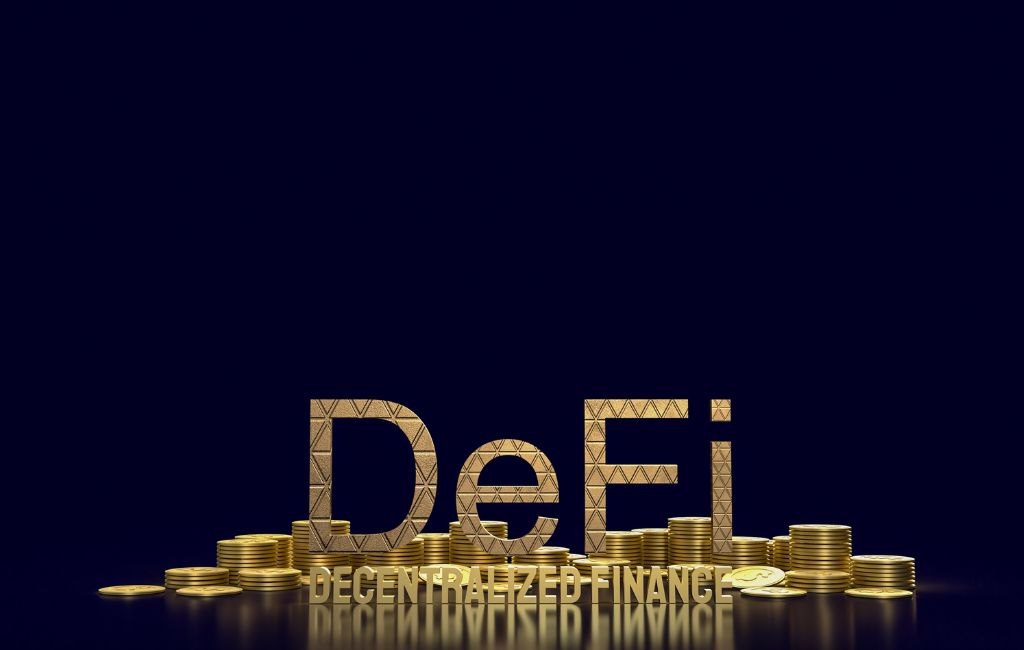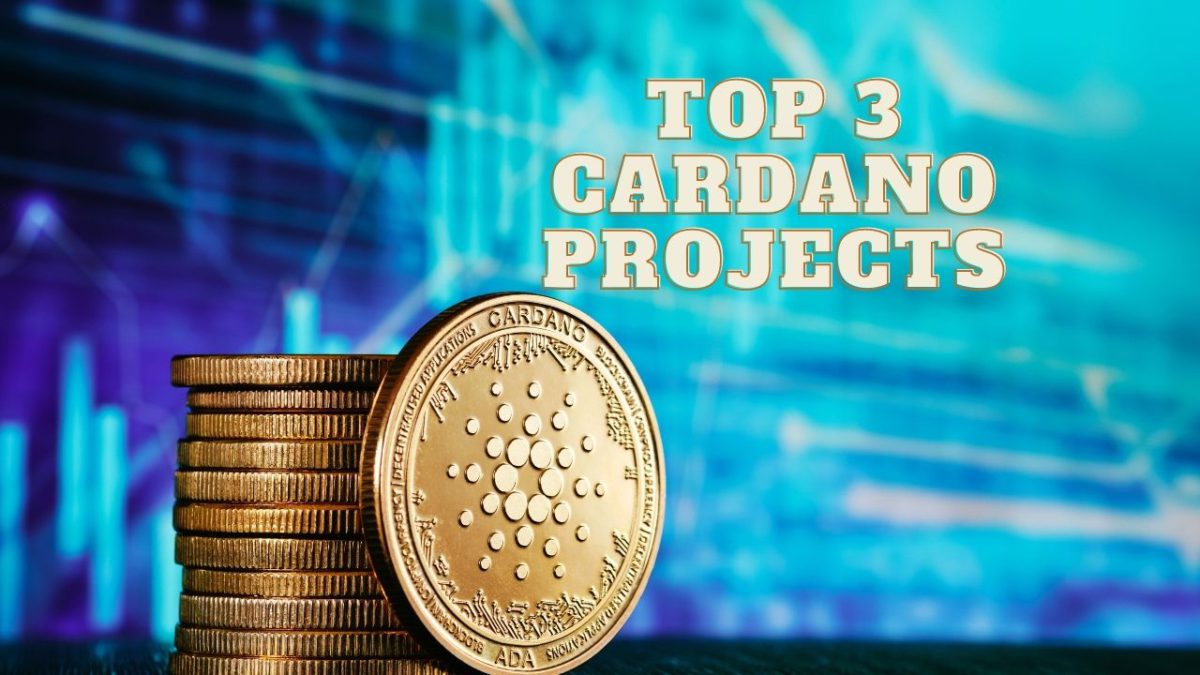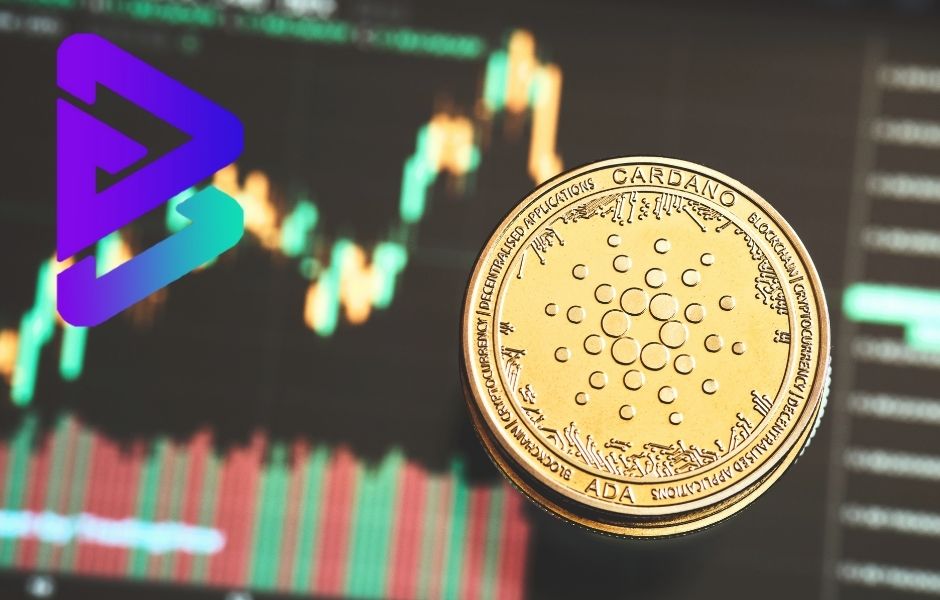Top 10 Things To Consider Before Choosing Your DeFi Platform
Decentralized Finance, or DeFi, has been one of the most disruptive forces in the financial world, offering innovative and open-source alternatives to traditional banking and financial services. With a wide array of DeFi platforms available, choosing the right one is crucial to ensure that your financial assets and transactions are secure and aligned with your goals. Here are the top 10 things you should consider before selecting your DeFi platform.
Top 10 things you should consider before selecting your DeFi platform.
Security and Auditing:
DeFi platforms operate on smart contracts, which are self-executing agreements. Ensuring the security of these contracts is paramount. Look for platforms that have undergone comprehensive third-party audits of their smart contracts. These audits identify vulnerabilities, coding errors, and potential risks, helping to minimize the chances of hacks and security breaches. Audited platforms have an added layer of trustworthiness, as they are more likely to have taken measures to protect users’ assets.
2. User-Friendly Interface:
A user-friendly interface is crucial, especially for newcomers to the world of DeFi. An intuitive interface makes it easier to navigate the platform, create and manage accounts, and execute financial transactions. Complex and cluttered interfaces can confuse users, potentially leading to costly errors. A good user interface should offer clear instructions and an organized layout, enhancing the overall user experience.
3. Asset Support:
Consider which assets the DeFi platform supports. Some platforms may only support a limited selection of cryptocurrencies or tokens, while others offer a wider range of options. Diversified asset support allows you to explore different investment opportunities and ensures that the platform aligns with your specific financial goals. Additionally, verify that the platform supports the assets you intend to work with.
4. Liquidity and Trading Pairs:
Liquidity is a crucial factor when selecting a DeFi platform. High liquidity means that there is a substantial pool of assets available for trading. This can result in reduced slippage, which is the difference between the expected price of a trade and the actual execution price. DeFi platforms with high liquidity tend to offer more competitive prices and are less prone to abrupt fluctuations. Additionally, check the variety of trading pairs available, as this allows you to diversify your portfolio and take advantage of different market opportunities.
5. Interest Rates and APY:
One of the primary attractions of DeFi is the potential to earn interest on your assets. Assess the interest rates or annual percentage yield (APY) offered by the platform. While higher yields are appealing, be cautious about rates that seem too good to be true, as they may indicate higher risks. DeFi platforms with transparent interest rate calculations and a track record of consistent payouts are generally more reliable.
6. Decentralization vs. Centralization:
DeFi’s core principle is decentralization, which reduces reliance on central authorities and intermediaries. When choosing a DeFi platform, consider the degree of decentralization it offers. Truly decentralized platforms are less vulnerable to single points of failure and external control, aligning with the fundamental philosophy of DeFi. Centralized characteristics, on the other hand, may involve a higher degree of control and potential counterparty risk, so understanding the platform’s approach to decentralization is essential.
7. Risk Management and Insurance:
DeFi investments inherently carry risks, including smart contract vulnerabilities and market fluctuations. It’s essential to understand how the platform manages these risks. Some platforms have built-in risk management mechanisms, such as liquidation mechanisms for over-leveraged positions. Additionally, some platforms offer insurance or coverage for potential losses, providing an added layer of protection for your assets. Platforms that proactively address risk management are generally safer for investors.
8. Governance and Community Involvement:
Community governance is a key feature of many DeFi platforms. It involves giving users governance tokens, allowing them to participate in decision-making processes. A platform with an active and engaged community is more likely to make decisions that align with the interests of its users. Active governance can lead to improvements and innovations in the platform’s features, security, and overall performance.
9. Regulatory Compliance:
The regulatory environment for DeFi varies from one jurisdiction to another and is continuously evolving. Ensure that the DeFi platform complies with relevant regulations in your jurisdiction. This includes Know Your Customer (KYC) and Anti-Money Laundering (AML) requirements, which some platforms may implement to prevent illicit activities. Compliance with local laws is essential to avoid legal issues in the future.
10. Support and Customer Service:
Customer support plays a vital role in your DeFi experience. A responsive and accessible support team can assist you when you encounter issues, have questions, or need assistance with transactions. Look for platforms that offer various support channels, such as email, chat, or telephone support. Reading reviews and feedback from other users can give you insights into the platform’s customer service quality.
It’s important to remember that DeFi investments come with inherent risks, including smart contract vulnerabilities, market volatility, and potential loss of assets. Therefore, conducting thorough research and due diligence is essential before choosing a DeFi platform. Additionally, it’s recommended to start with a smaller investment to get a feel for the platform’s operations and security.
Ultimately, your choice of a DeFi platform should align with your financial goals, risk tolerance, and the assets you wish to engage with. By considering these ten factors and exercising caution, you can make an informed decision that maximizes your DeFi experience while minimizing risks.
Also, read – Top 5 Best Defi Platforms You Must Try
Importance of Finding the Top DeFi Platforms
The decentralized finance (DeFi) ecosystem has witnessed explosive growth, offering an innovative and decentralized approach to traditional financial services. Amid this proliferation, identifying the top DeFi platforms has taken on paramount significance for both experienced users and newcomers. Here’s why it’s essential:
1. Security and Trust:
- Protecting Your Assets: DeFi platforms hold and manage your digital assets. Ensuring these assets are secure is the foremost concern. The best DeFi platforms prioritize robust security measures, undergo regular audits, and employ cutting-edge protocols to safeguard your investments.
2. Reliability and Functionality:
- Seamless User Experience: Top DeFi platforms offer a seamless and efficient user experience. They invest in user-friendly interfaces, quick transaction processing, and a range of functionalities that cater to diverse user needs. A reliable platform ensures you can execute transactions, stake assets, or yield farm without disruptions.
3. Asset Opportunities and Diversity:
- Unlocking Financial Opportunities: The best DeFi platforms provide a wide array of assets and investment opportunities. From lending and borrowing to liquidity provision and yield farming, these platforms open the doors to a diverse range of financial strategies. Access to various assets and opportunities enhances your portfolio’s potential.
4. Yield and Earnings:
- Maximizing Returns: DeFi enthusiasts often seek yield, whether through lending, liquidity provisioning, or other strategies. Identifying top platforms means access to the most competitive annual percentage yields (APYs) and attractive interest rates. This can significantly impact your overall earnings.
5. Risk Mitigation and Smart Contract Audits:
- Minimizing Risk: Leading DeFi platforms prioritize risk management. They offer mechanisms to mitigate risks, such as liquidation protocols for over-leveraged positions. Additionally, these platforms regularly conduct thorough smart contract audits to identify and resolve vulnerabilities, ensuring the safety of your assets.
6. Community and Governance:
- Active User Participation: Top DeFi platforms often have thriving communities and governance systems that allow users to influence the platform’s direction. Participating in governance decisions can provide users with a voice in shaping the platform’s future.
7. Regulatory Compliance and Legal Protection:
- Navigating the Regulatory Landscape: Compliance with evolving regulatory frameworks is a critical aspect of DeFi. Leading platforms work diligently to adhere to applicable regulations, reducing the risk of legal entanglements and ensuring a safer user experience.
8. Support and Assistance:
- Prompt and Effective Customer Support: When issues arise, a responsive and knowledgeable customer support team is invaluable. Top DeFi platforms offer robust support channels, ensuring users receive assistance promptly.
In summary, the importance of finding the top DeFi platforms lies in ensuring the security of your assets, accessing diverse financial opportunities, maximizing your earnings, and navigating the ever-evolving world of decentralized finance. As DeFi continues to evolve, identifying and engaging with reputable platforms is essential to a successful and secure financial journey in this innovative landscape.
Top players of DeFi Platforms
The decentralized finance (DeFi) sector has seen exponential growth and innovation in recent years, with numerous projects and platforms vying for a prominent position in this burgeoning space. To gain a comprehensive understanding of the DeFi sector, it’s essential to recognize some of the noteworthy players who have made significant contributions to the development and adoption of decentralized finance.
1. Uniswap:
- Key Feature: Uniswap is a decentralized exchange (DEX) that facilitates the exchange of various cryptocurrencies without the need for intermediaries.
- Impact: Uniswap popularized the concept of automated market makers (AMMs) and pioneered the way for decentralized trading and liquidity provision.

2. Compound:
- Key Feature: Compound is a lending protocol that enables users to earn interest on their crypto holdings by lending them to others.
- Impact: Compound played a pivotal role in bringing decentralized lending and borrowing to the forefront of DeFi, showcasing the potential for earning passive income.
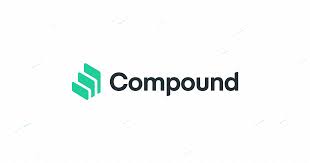
3. Aave:
- Key Feature: Aave is another lending and borrowing protocol that allows users to stake various cryptocurrencies as collateral and borrow against them.
- Impact: Aave introduced innovations such as flash loans and variable interest rates, enhancing the flexibility and efficiency of DeFi lending.
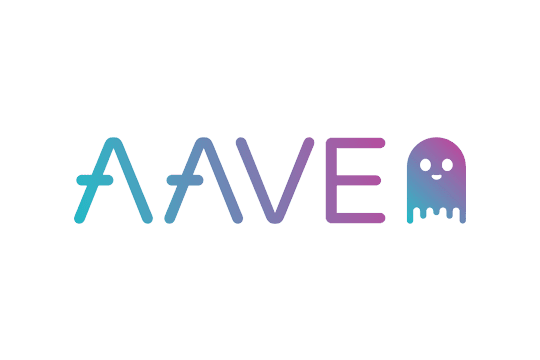
4. MakerDAO:
- Key Feature: MakerDAO is known for creating and maintaining the stablecoin DAI. It relies on collateralized debt positions (CDPs) to maintain the peg to the US dollar.
- Impact: MakerDAO introduced the concept of algorithmic stablecoins and was a pioneer in decentralized governance.
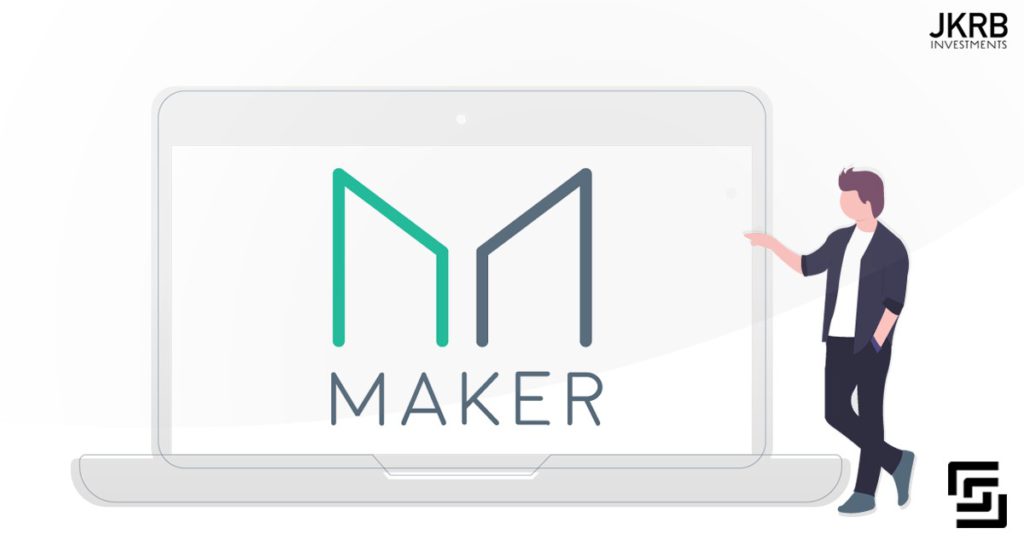
5. Yearn.Finance:
- Key Feature: Yearn.Finance (YFI) is a decentralized aggregator that optimizes yield farming strategies across various DeFi platforms.
- Impact: Yearn.Finance streamlined yield farming and made it accessible to a broader audience by automating complex strategies.

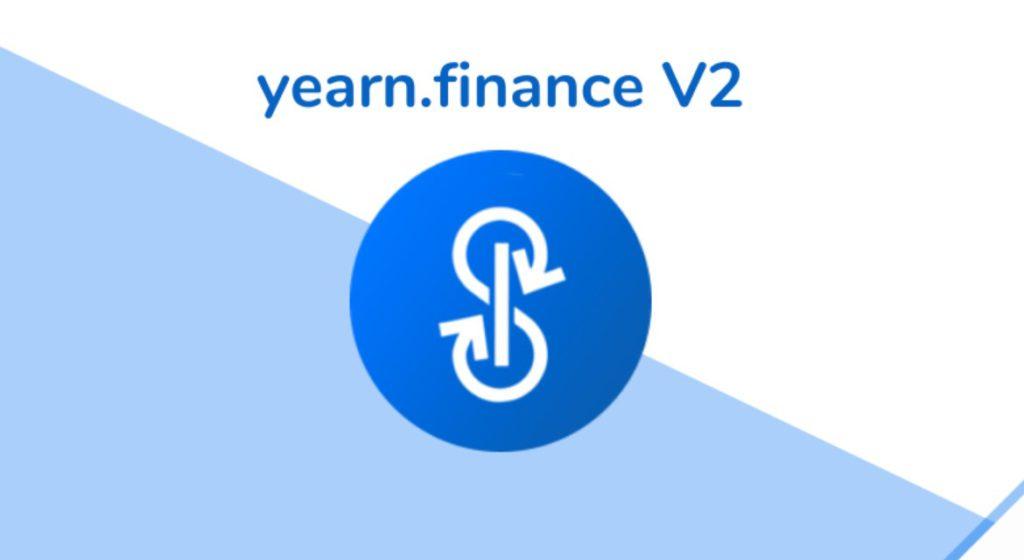
6. Synthetix:
- Key Feature: Synthetix is a platform for creating synthetic assets that track the value of real-world assets, such as commodities, stocks, and currencies.
- Impact: Synthetix offers a way to gain exposure to traditional financial assets within the DeFi ecosystem, thus expanding the use cases of DeFi.
7. Chainlink:
- Key Feature: Chainlink is a decentralized oracle network that connects smart contracts to real-world data, enabling them to interact with external sources.
- Impact: Chainlink has become an essential component for many DeFi projects by providing reliable and secure data feeds.
8. Curve Finance:
- Key Feature: Curve Finance is a stablecoin-focused AMM designed to provide low slippage swaps between different stablecoins.
- Impact: Curve Finance addresses impermanent loss issues and plays a crucial role in the DeFi ecosystem by facilitating efficient stablecoin trading.
9. SushiSwap:
- Key Feature: SushiSwap is a DEX and yield farming platform that offers users the ability to earn rewards by providing liquidity to liquidity pools.
- Impact: SushiSwap has introduced innovative features like yield farming and improved AMM strategies to enhance the DeFi user experience.
10. MakerDAO: – Key Feature: MakerDAO is a decentralized autonomous organization (DAO) that controls the DAI stablecoin system. – Impact: MakerDAO was one of the earliest DAOs and played a significant role in DeFi governance and decision-making.
These ten projects represent just a fraction of the rapidly expanding DeFi sector. Notably, many of these projects are interconnected, collaborating to create a more comprehensive and user-friendly DeFi ecosystem. As the DeFi landscape continues to evolve, staying informed about these and other prominent players is essential for anyone seeking to participate in the world of decentralized finance.
Stay informed with daily updates from Blockchain Magazine on Google News. Click here to follow us and mark as favorite: [Blockchain Magazine on Google News].
Get Blockchain Insights In Inbox
Stay ahead of the curve with expert analysis and market updates.
latest from tech
Disclaimer: Any post shared by a third-party agency are sponsored and Blockchain Magazine has no views on any such posts. The views and opinions expressed in this post are those of the clients and do not necessarily reflect the official policy or position of Blockchain Magazine. The information provided in this post is for informational purposes only and should not be considered as financial, investment, or professional advice. Blockchain Magazine does not endorse or promote any specific products, services, or companies mentioned in this posts. Readers are encouraged to conduct their own research and consult with a qualified professional before making any financial decisions.

 Bitcoin
Bitcoin  Ethereum
Ethereum  Tether
Tether  XRP
XRP  Solana
Solana  Dogecoin
Dogecoin  USDC
USDC  Lido Staked Ether
Lido Staked Ether  Cardano
Cardano  TRON
TRON  Avalanche
Avalanche  Chainlink
Chainlink  Toncoin
Toncoin  Wrapped stETH
Wrapped stETH  Shiba Inu
Shiba Inu  Wrapped Bitcoin
Wrapped Bitcoin  Sui
Sui  Stellar
Stellar  Polkadot
Polkadot  Hedera
Hedera  WETH
WETH  Hyperliquid
Hyperliquid  LEO Token
LEO Token  Bitcoin Cash
Bitcoin Cash  Uniswap
Uniswap  Litecoin
Litecoin  Pepe
Pepe  Wrapped eETH
Wrapped eETH  NEAR Protocol
NEAR Protocol  Ethena USDe
Ethena USDe  USDS
USDS  Aptos
Aptos  Aave
Aave  Internet Computer
Internet Computer  Cronos
Cronos  POL (ex-MATIC)
POL (ex-MATIC)  Mantle
Mantle  Ethereum Classic
Ethereum Classic  Render
Render  WhiteBIT Coin
WhiteBIT Coin  Monero
Monero  Dai
Dai  MANTRA
MANTRA  Artificial Superintelligence Alliance
Artificial Superintelligence Alliance  Bittensor
Bittensor  Arbitrum
Arbitrum  Filecoin
Filecoin 